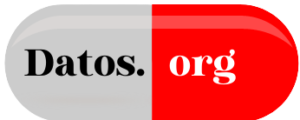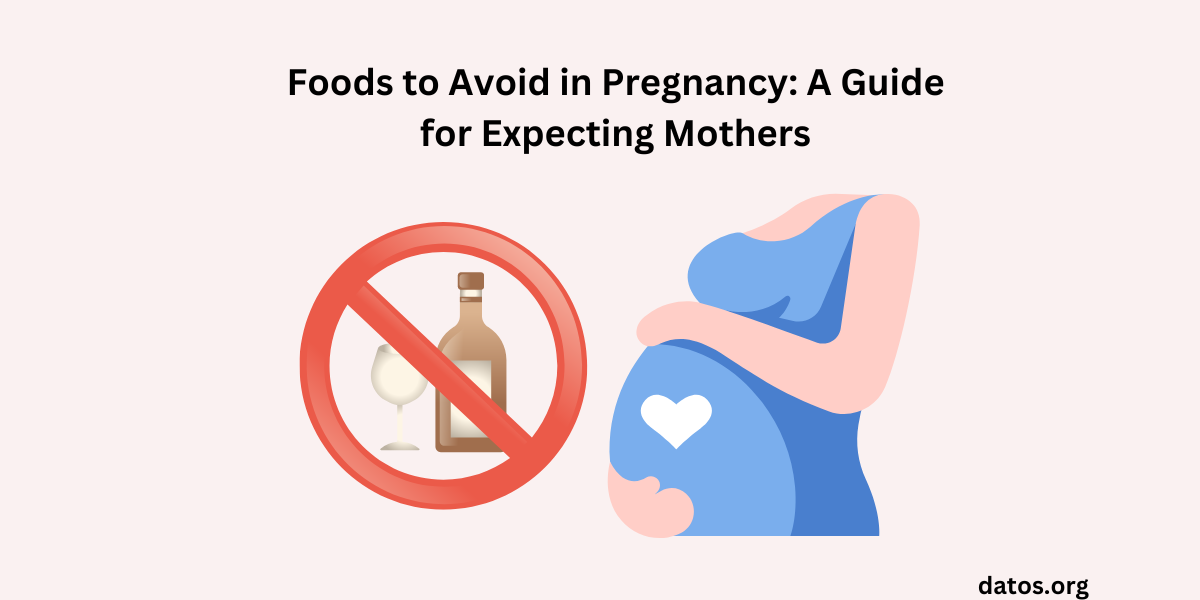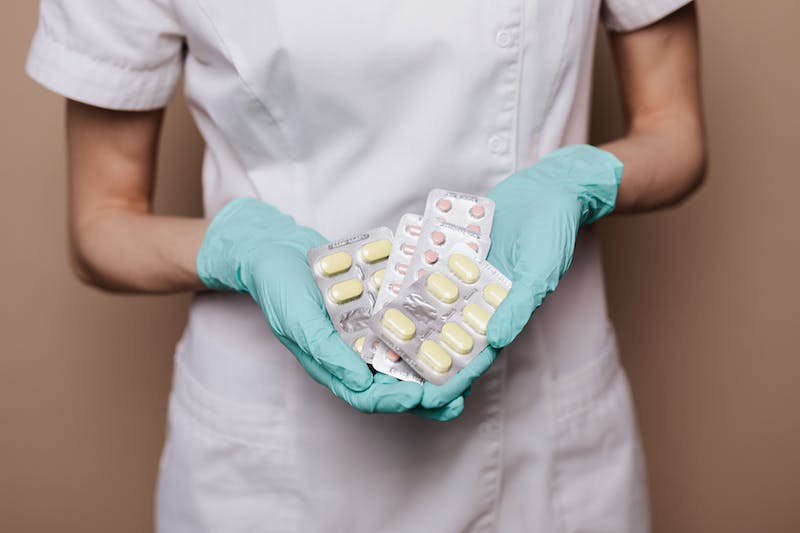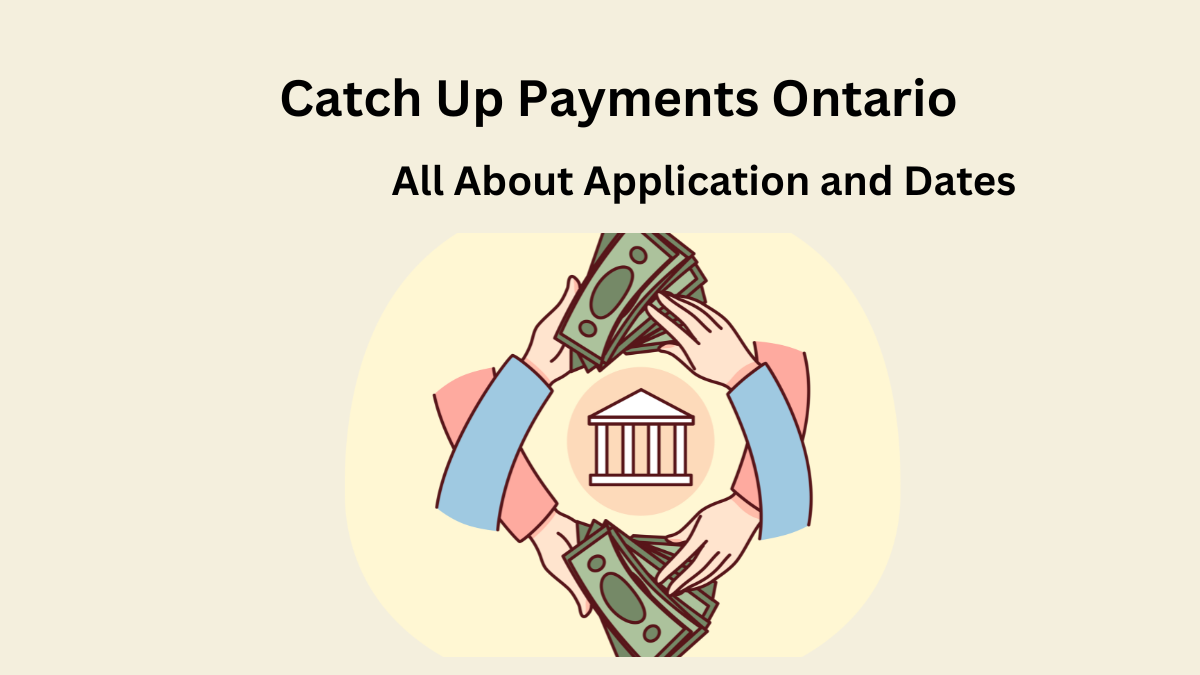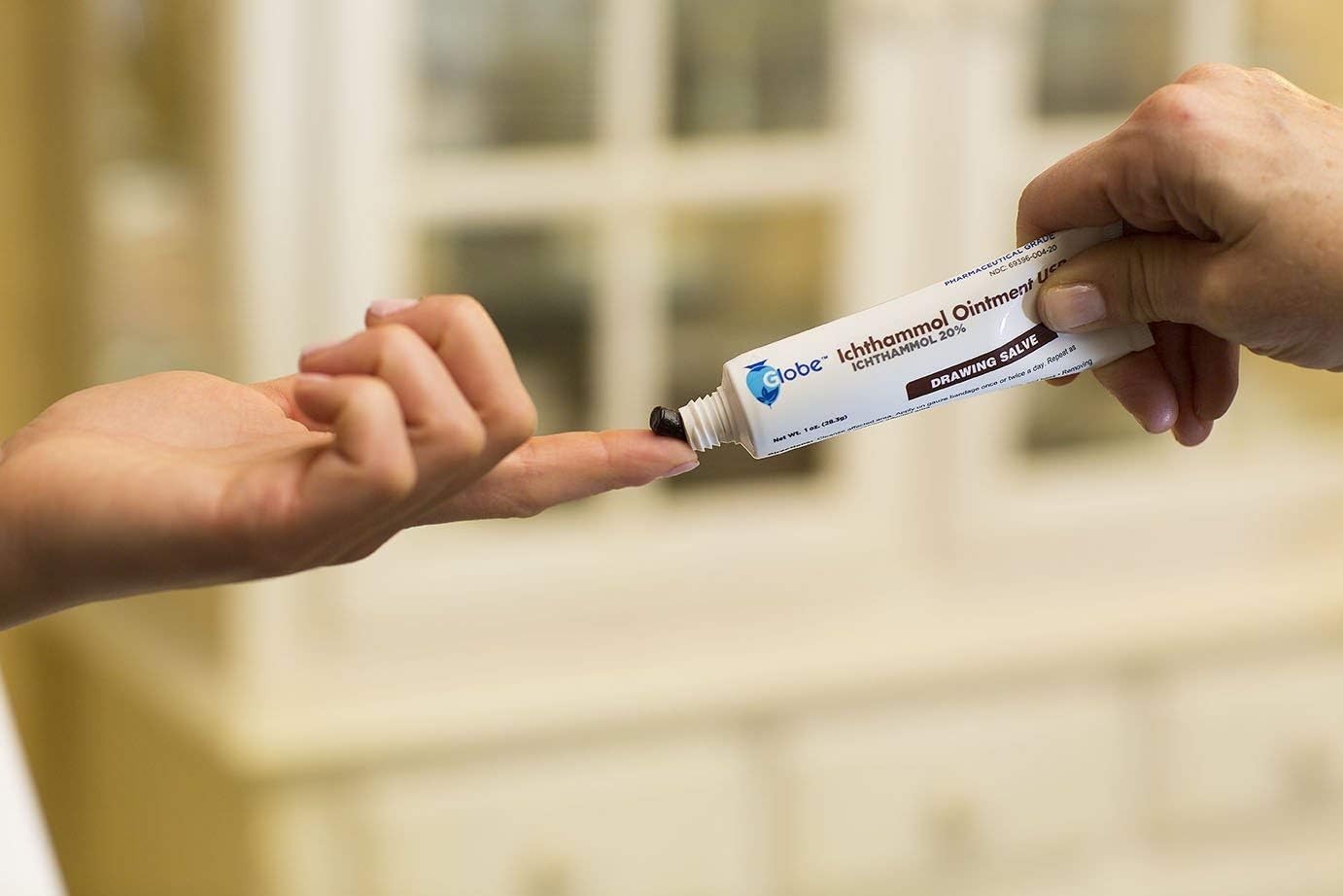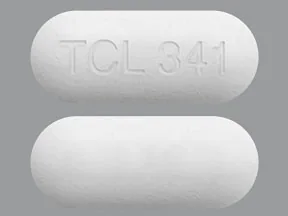Pregnancy is a wonderful and exciting time, but it also comes with some dietary restrictions. You may have heard that some foods are off-limits when you are expecting, but do you know why? In this article, we will explain the reasons behind some of the most common foods to avoid in pregnancy and offer some alternatives to satisfy your cravings.
- Why are some foods unsafe during pregnancy?
- What are some foods to avoid in pregnancy?
- What are some alternatives to the foods to avoid in pregnancy?
- Quick Notes
- Conclusion
- People May Also Ask
- Why should I avoid high-mercury fish during pregnancy?
- What are some examples of high mercury fish?
- Can I eat raw or undercooked meat, fish, or eggs during pregnancy?
- What are some foods that can contain raw or undercooked eggs?
- Can I drink alcohol during pregnancy?
- How much caffeine can I have during pregnancy?
- What are some sources of caffeine?
- Can I eat cheese during pregnancy?
- Can I eat pineapple during pregnancy?
- Can I eat fenugreek during pregnancy?
Why are some foods unsafe during pregnancy?
Some foods can pose a risk of infection, allergic reaction, or toxicity for you and your baby during pregnancy. These include foods that may contain harmful bacteria, parasites, or chemicals that can cross the placenta and affect your baby’s development. Some foods can also cause premature labour, miscarriage, or birth defects if consumed in large amounts.
What are some foods to avoid in pregnancy?
Here are some of the foods that you should avoid or limit during pregnancy, according to various sources:
- High-mercury fish: Mercury is a toxic element that can damage your nervous system, immune system, and kidneys. It can also cause serious developmental problems in your baby. High-mercury fish include shark, swordfish, king mackerel, bigeye tuna, marlin, and tilefish from the Gulf of Mexico. You can still eat low-mercury fish, such as salmon, cod, shrimp, and canned light tuna, up to 12 ounces per week.
- Undercooked or raw meat, fish, and eggs: These foods can harbor bacteria or parasites, such as Salmonella, E. coli, Listeria, and Toxoplasma, that can cause infections and complications during pregnancy. These include fever, diarrhoea, dehydration, miscarriage, stillbirth, preterm labour, and birth defects. You should always cook meat, fish, and eggs thoroughly and avoid dishes that contain raw or undercooked ingredients, such as sushi, steak tartare, ceviche, and hollandaise sauce.
- Unpasteurized dairy and soft cheeses: These products can also contain harmful bacteria, such as Listeria, that can cross the placenta and infect your baby. Listeria can cause flu-like symptoms, miscarriage, stillbirth, or life-threatening illness in newborns. You should avoid unpasteurized milk, yogurt, and juice, as well as soft cheeses made from unpasteurized milk, such as brie, camembert, feta, and blue cheese. You can still eat hard cheeses, such as cheddar and parmesan, and pasteurized dairy products.
- Raw sprouts and unwashed fruits and vegetables: These foods can also be contaminated with bacteria or parasites, such as E. coli and Toxoplasma, that can cause infections and complications during pregnancy. You should avoid raw sprouts, such as alfalfa, clover, and radish, and wash all fruits and vegetables before eating or peeling them. You should also peel or cook fruits and vegetables that have bruised or damaged skin, as they may harbour more germs.
- Alcohol: Alcohol can pass through the placenta and affect your baby’s brain development, leading to fetal alcohol spectrum disorders (FASDs). These include physical, mental, behavioural, and learning disabilities that can last a lifetime. There is no safe amount or type of alcohol during pregnancy, so you should avoid drinking any alcoholic beverages, including wine, beer, and liquor.
- Caffeine: Caffeine is a stimulant that can cross the placenta and affect your baby’s heart rate and sleep patterns. It can also increase your risk of dehydration, miscarriage, and low birth weight. You should limit your caffeine intake to no more than 200 milligrams per day, which is equivalent to about two cups of coffee. You should also be aware that caffeine is found in other sources, such as tea, chocolate, energy drinks, and some medications.
What are some alternatives to the foods to avoid in pregnancy?
You may be wondering what you can eat instead of the foods to avoid in pregnancy. Here are some suggestions to help you satisfy your hunger and cravings while keeping you and your baby healthy:
- High-mercury fish: You can replace high-mercury fish with low-mercury fish, such as salmon, cod, shrimp, and canned light tuna, which are rich in omega-3 fatty acids and protein. You can also eat other sources of omega-3s, such as walnuts, flaxseeds, chia seeds, and soybeans.
- Undercooked or raw meat, fish, and eggs: You can cook meat, fish, and eggs until they are well-done, and avoid dishes that contain raw or undercooked ingredients. You can also use pasteurized eggs or egg substitutes for recipes that call for raw eggs, such as mayonnaise, salad dressing, and cookie dough.
- Unpasteurized dairy and soft cheeses: You can eat pasteurized dairy products, such as milk, yogurt, and cheese, which are good sources of calcium, protein, and probiotics. You can also eat hard cheeses, such as cheddar and parmesan, which are made from pasteurized milk and have a lower risk of contamination.
- Raw sprouts and unwashed fruits and vegetables: You can wash all fruits and vegetables before eating or peeling them, and peel or cook fruits and vegetables that have bruised or damaged skin. You can also eat cooked sprouts, such as bean sprouts and mung bean sprouts, which are nutritious and crunchy.
- Alcohol: You can drink water, milk, juice, or sparkling water instead of alcohol, and add some fruit, herbs, or spices for flavour. You can also try non-alcoholic versions of your favourite drinks, such as mocktails, cider, and beer.
- Caffeine: You can reduce your caffeine intake by switching to decaf coffee, tea, or chocolate or choosing caffeine-free alternatives, such as herbal tea, fruit juice, or smoothies. You can also drink water, milk, or juice to stay hydrated and energized.
Quick Notes
Here is the quick notes session, it is what we have already discussed. Have a look:
| Foods to avoid | Alternatives |
|---|---|
| High mercury fish | Low mercury fish such as salmon, sardines, or trout |
| Raw or undercooked fish | Cooked fish or shellfish |
| Raw or undercooked meat | Cooked meat or poultry |
| Deli meat | Home-cooked meat or canned fish |
| Raw eggs | Cooked eggs or pasteurized egg products |
| Organ meat | Lean meat or plant-based protein sources |
| Raw sprouts | Cooked sprouts or other vegetables |
| Unwashed foods | Washed fruits and vegetables |
| Unpasteurized dairy | Pasteurized dairy or fortified plant-based milk |
| Soft cheeses | Hard cheeses or pasteurized soft cheeses |
| Processed foods | Whole foods or homemade meals |
| Some juices | Pasteurized juices or water |
| Alcohol | Non-alcoholic beverages or water |
| Caffeine | Decaffeinated drinks or herbal teas |
Read More
- Tuambia Alimentos: A Comprehensive Overview
- Exploring Culinary Adventures For Intrepidfood.eu Richness
- Intrepidfood.eu Richness: Experience Culinary Adventures
- How many Ounces are in a Shot of liquor
- EveryPlate: Features, Signup, Pricing, Canceling, and More
- The Pizza Edition: A Journey Through the World’s Favorite Dish
- 10 Reasons You NEED Jaggery in Your Life
- How Do I Check My Starbucks Online Schedule?
Conclusion
Eating well during pregnancy is important for your health and your baby’s development. You can ensure a safe and healthy pregnancy by avoiding or limiting some foods that can pose a risk of infection, allergic reaction, or toxicity.
You can also enjoy a variety of nutritious and delicious foods and satisfy your cravings with some alternatives. Remember to consult your doctor or dietitian if you have any questions or concerns about your diet during pregnancy.
People May Also Ask
Why should I avoid high-mercury fish during pregnancy?
High mercury fish can affect your nervous system, immune system, and kidneys. It may also cause serious developmental problems in your baby, such as brain damage or hearing loss.
What are some examples of high mercury fish?
Some high mercury fish are shark, swordfish, king mackerel, bigeye tuna, marlin, and tilefish from the Gulf of Mexico.
Can I eat raw or undercooked meat, fish, or eggs during pregnancy?
No, you should avoid raw or undercooked meat, fish, or eggs during pregnancy. These foods can contain bacteria or parasites that can cause infections, such as salmonella, Listeria, Toxoplasma, or E. coli.
These infections can harm your health and your baby’s health and increase the risk of miscarriage, stillbirth, or preterm delivery.
What are some foods that can contain raw or undercooked eggs?
Some foods that can contain raw or undercooked eggs are homemade mayonnaise, salad dressings, sauces, ice cream, cake batter, cookie dough, and eggnog.
Can I drink alcohol during pregnancy?
No, you should avoid alcohol during pregnancy. Alcohol can cross the placenta and affect your baby’s brain development and growth. It can cause fetal alcohol syndrome, which can lead to physical, mental, and behavioural problems in your baby.
How much caffeine can I have during pregnancy?
You should limit your caffeine intake to no more than 200 milligrams per day during pregnancy. Caffeine is a stimulant that can cross the placenta and affect your baby’s heart rate and breathing. It can also increase the risk of miscarriage, low birth weight, or preterm delivery.
What are some sources of caffeine?
Some sources of caffeine are coffee, tea, energy drinks, soft drinks, chocolate, and some medications.
Can I eat cheese during pregnancy?
You can eat cheese during pregnancy, but you should avoid soft cheeses that are made from unpasteurized milk. Unpasteurized milk can contain harmful bacteria, such as Listeria, that can cause infections. Soft cheeses include brie, camembert, feta, goat cheese, blue cheese, and queso fresco.
Can I eat pineapple during pregnancy?
You can eat pineapple during pregnancy, but you should avoid eating too much of it, especially in the last months. Pineapple contains a compound called bromelain that can soften the cervix and induce contractions, leading to premature labor.
Can I eat fenugreek during pregnancy?
You should avoid eating fenugreek during pregnancy, especially in large amounts. Fenugreek is a herb that can stimulate uterine contractions and cause miscarriage or bleeding. Fenugreek is also used as a spice, a tea, or a supplement.
